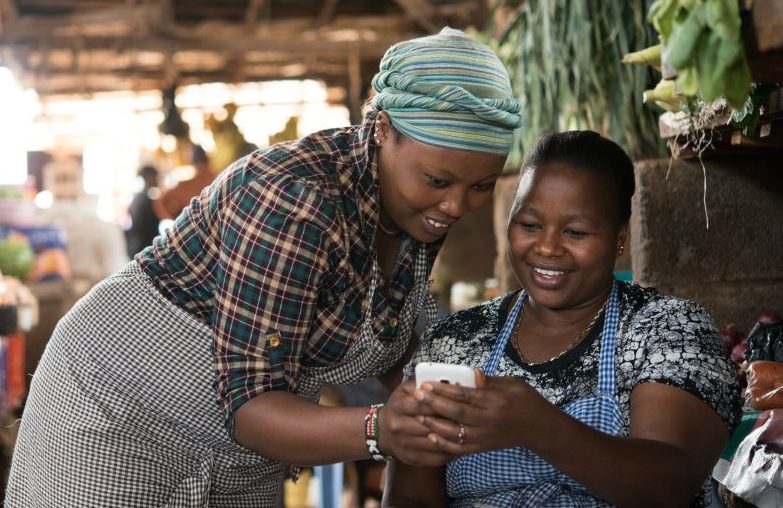Latest figures by Nigeria Inter-Bank Settlement System (NIBSS) put Nigeria’s active bank accounts at 72.97 million as at the first half of 2019.
According to data by the Lagos-based organisation analysed by BusinessDay, Nigeria has 39.26 million registered Bank Verification Number (BVN) as at 22 September 2019.
This implies that the 72.97 million active bank accounts are registered to the 39.26 million BVN owners. Meaning there are multiple accounts to one BVN.
“I have five bank accounts; but I frequently use one of them,” Arua Nnamdi, a 26 years old Lagos-based entrepreneur told BusinessDay adding that the persuasion from some of his friends who are marketers with different banks “pushed me to open the other four bank accounts.”
BusinessDay poll of 10 bank account holders revealed that on the average they have three accounts registered to one BVN.
“I opened one bank account during my NYSC, another one when I got my first job which was compulsory as requested by the company to be used as my salary account. With the recent merger in the industry, my company moved its salary account to another bank,” Oyamedan Blessing told BusinessDay.
The case was the same when BusinessDay contacted Tobi in Federal University at Ekiti. Sarah, Musa and Joshua also shared the same story when they were contacted by phone.
“Access to a transaction account is a first step toward broader financial inclusion since it allows people to store money, and send and receive,” the World Bank said.
Latest figures by EFInA put Nigeria’s financial inclusion rate at 63.2percent, meaning that as much 36.8 percent adults still lack access.
According to the World Bank, financial inclusion means that individuals and businesses have access to useful and affordable financial products and services that meet their needs; transactions, payments, savings, credit and insurance -delivered in a responsible and sustainable way.
In the June 2019 edition of the NIBSS ‘Industry Customer Bank Account Data’, it disclosed that Nigerians opened 10.97 million new bank accounts within the same period but also revealed that the number of inactive bank accounts rose to 49.4 million in H1’19 from 39 million in H1’18. On quarterly basis, the number was up 5 percent in the second quarter of the year, from 46.89 million in Q1’19.
The Central Bank of Nigeria (CBN) plans to ensure that 80 percent of Nigerian adults are included into the financial net by the year 2020.The apex through its collaboration with industry stakeholders launched the National Financial Inclusion Strategy (NFIS) in January 2012 with the aim to help achieve the set target.

If the apex bank is to going to achieve its target, it would have to bridge the 16.8 percent inclusion gap in less than five months; a target many have said is too ambitious.
Declining purchasing power and the high cost of account servicing are top reasons why many do not have interest in owing a bank account, Checks by BusinessDay show.
According to the CBN’s guidelines on bank charges, which took effect on May 1, 2017, withdrawals from other banks’ ATMs within the country, attracts N65 charge after the third withdrawal within the same month.
According to the guidelines, bills payment on electronic channels of the banks also attracts N50 for transactions below and above N10billion, while real-time gross settlement attracts N550 per transaction.
The apex bank stated that alerts on transactions should not be more than N4 per SMS, while bulk payments such as salaries and dividends attract a maximum of N50 per beneficiary, which is paid by the sender.
Source: Businessdayng




